It's not too late: Ava DuVernay's 13th is shock treatment for America's conscience
From the Looking Closer Archives: Here's my original review of Ava Duvernay's astonishing Netflix documentary, which I originally wrote for Christianity Today.
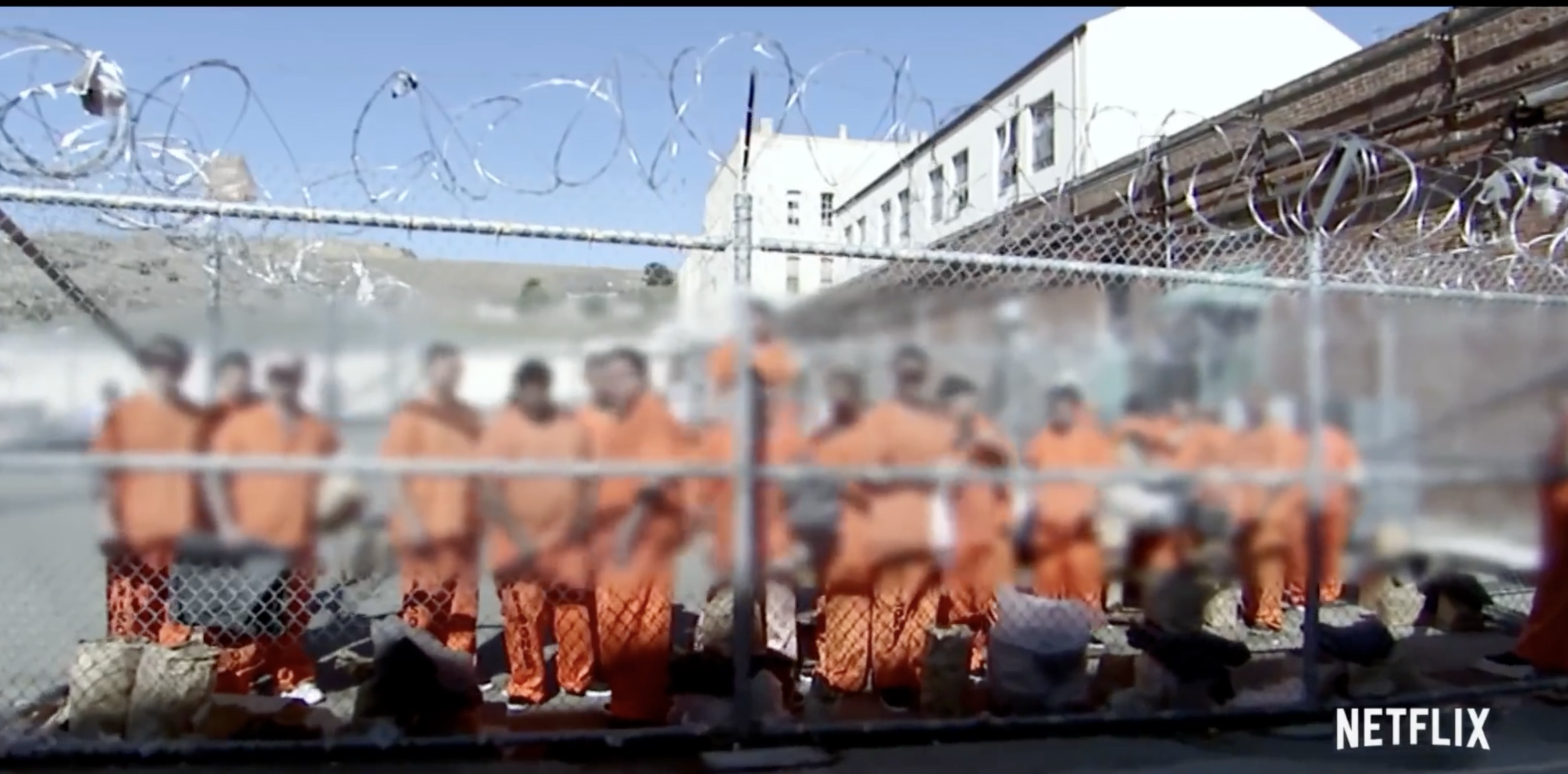
In October of 2016, back when I still had hope that the majority of Americans — and professing Christians in particular — still opposed such evils as tyranny, racism, misogyny, and nationalism, I was fired up to recommend movies that would make even clearer just how the disease of racism was alive and spreading.
I sat down to watch 13th, the Netflix documentary directed by Ava DuVernay (who also directed the powerful Selma), thinking that I had a fair perspective on the problem.
And I learned that I had grossly underestimated just how cruel and violent this nation is, still, here in the 21st century.
As you know, the MAGA movement has claimed the votes of far too many, including the majority of Americans who identify as evangelicals. This makes it difficult to question the claim that the American church has, in large part, abandoned the teachings of Jesus and joined a cult led by an antichrist, hoping above all to see a strongman advance a culture of white supremacy and Christian nationalism, thus bringing unimaginable suffering down on the black, brown, and LGBTQ neighbors that we are all called to love and serve.
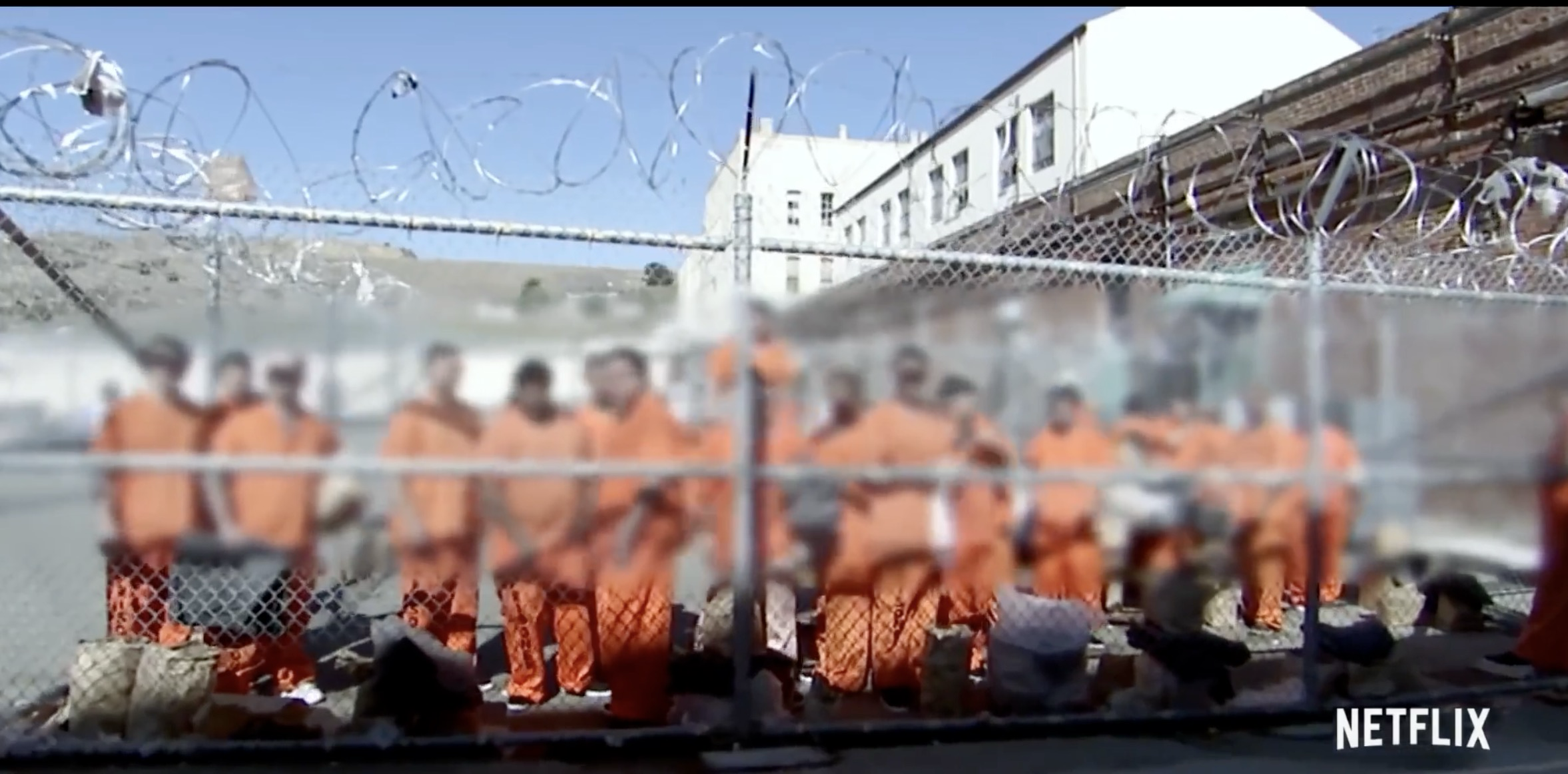
And now, as our democracy is violently stripped away by illegal means, and as we spiral rapidly downward into a totalitarian police state, it seems that our votes are unlikely to have much value going forward — if voting will even remain an option. I haven’t given up the fight for liberty and justice, but I want to establish, on the record, that I was shouting about 13th from the rooftops even before the 2016 election in which America sold its soul.
And if you haven’t seen it, I still think it’s important—urgent, in fact—that we all give it our attention. Right now. I think the truths revealed here are important to know, to learn from, and to remember as we resist the advancing forces of evil, and as we hope that the vision of America — a vision of liberty and justice for all, a vision of place we might call “the land of the free and the home of the brave” — will put take root elsewhere in the world, even now. Will it ever flourish here, in the country that so vividly dreamt of it? I’m not optimistic. But I’m forever hopeful. It will require the very best from all of us.
Here is my original review of 13th, which was published at Christianity Today as part of a series in which I recommended films and included discussion guides.
By the way, you can still watch the whole film for free, right now (and probably not much longer) on YouTube or Netflix.
‘13th’ Introduces America to the Dark History
of Our Criminal Justice System
“Defend the past. Save the future.”
Those words are lighting up TV screens this week, promoting the new NBC time-travel adventure series Timeless. But really, it’s ridiculous. No matter how many people want to go back and “kill Hitler,” the past cannot be changed. Right? Right?
I don’t know. Last night, director Ava DuVernay took me back to familiar figures from my childhood. She didn’t “defend the past.” She revealed politicians I remember as heroes to be complicit in things I find difficult to accept. And if you take that journey with me, we might yet become a church that helps “save the future” by refusing to defend our past.
DuVernay, who directed Selma—a gripping historical drama that has the gospel blazing through its veins—has just delivered a brilliant lesson in time travel, and it’s streaming now on Netflix. It’s called 13th.
If you know anyone who might benefit from reading this post or seeing this film, send it to them! This post is free for all, and even contains a link to view the whole movie for free.
With startling interviews, ugly statistics, kinetically charged animation, and shocking man-on-the-street footage of American history, 13th reintroduces Americans to their very own criminal justice system. I say “reintroduces” because DuVernay films through lenses that reveal a cancer running unchecked.
Full disclosure: Despite Jesus’s call for his followers to visit prisoners, I have never stepped through those gates. Remember those religious hypocrites who pass by the man beaten, robbed, and left by the side of the road? DuVernay’s perspective convicts me. I see now how blind I became, proudly pledging my allegiance to the ideal of “liberty and justice for all” while revering politicians who manipulated laws to perpetuate injustice.
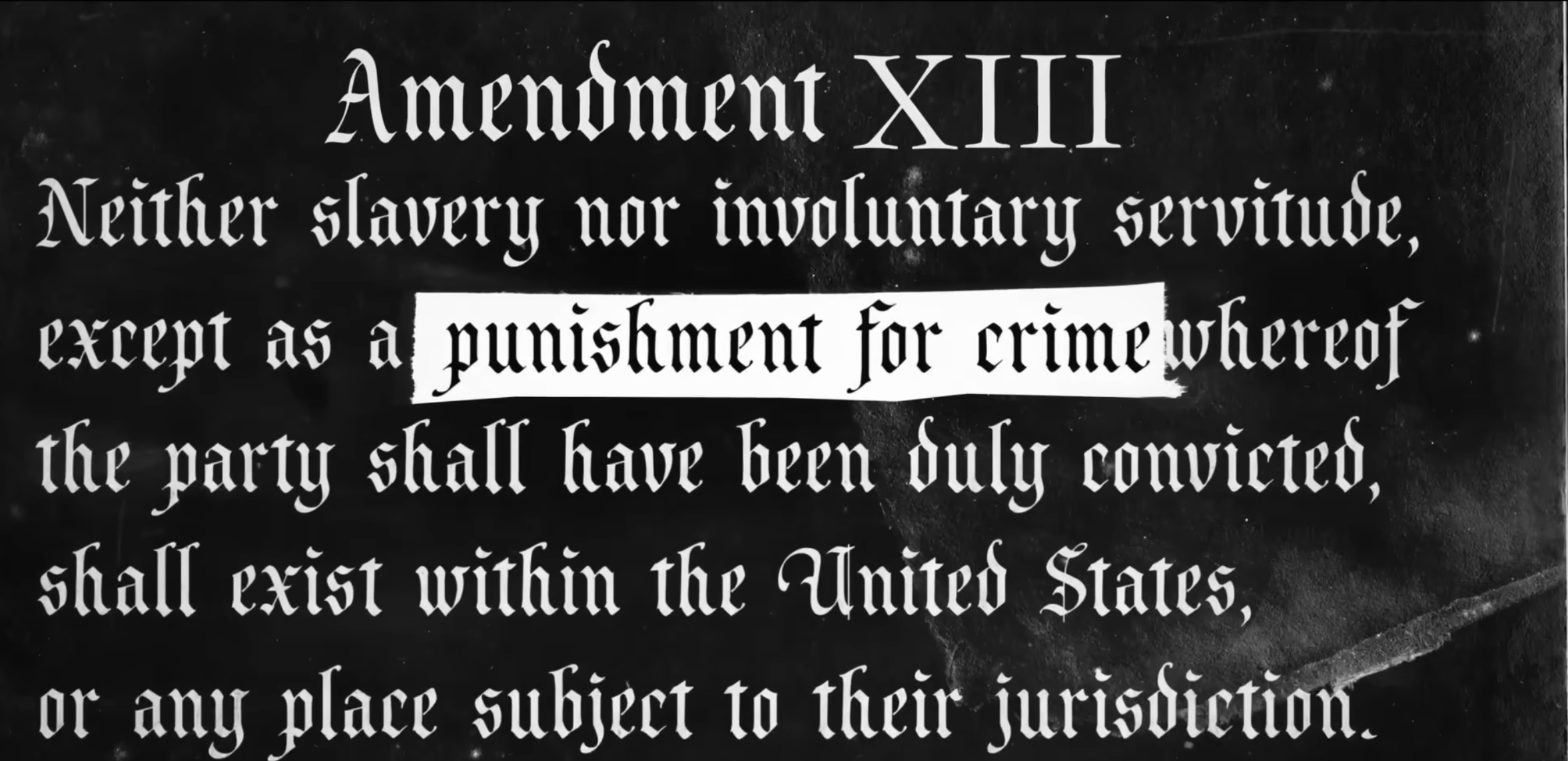
Informed by the testimonies of historical and political experts—including Cory Booker, Jelani Cobb, Angela Davis, Newt Gingrich, and Deborah Small—13th explores how flexible language in our Constitution has allowed politicians and corporations to keep slavery alive and inconspicuous. Since 1864, the 13th amendment has secured for all Americans “freedom” from “slavery” and “indentured servitude” with one exception (or, better, one loophole): “Except as punishment for a crime.” DuVernay tracks how this has been used as an excuse to arrest and imprison black Americans for the slightest of “crimes.”
“The United States is home to 5 percent of the world’s population, but 25 percent of the world’s prisoners,” says President Obama as the film begins. “Think about that.” DuVernay accepts the challenge. Now I’m thinking how suspicious it seems that one out of four prisoners in the world are here; how the fact that 300,000 prisoners in 1972 increased to become 2.3 million today, many of whom have done nothing severe enough to justify sentencing them to a lifetime of torture and abuse.
And the blame is bipartisan: DuVernay gives us “eyes to see” how the rhetoric of both Republicans and Democrats unfairly target African Americans.
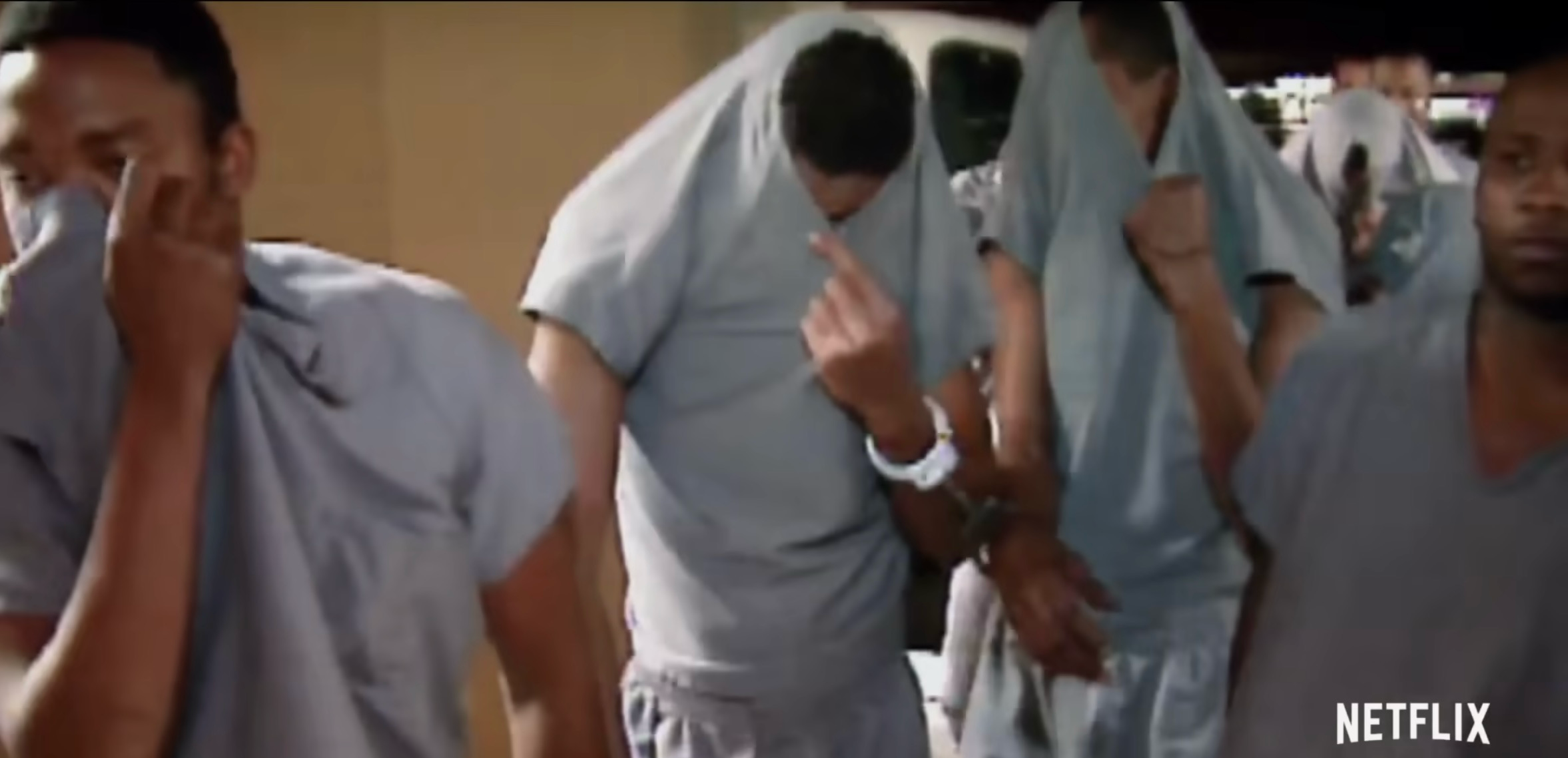
This is how she time travels to expose the lie of my memories: I remember cheering for presidents who waged a “war on crime” and a “war on drugs,” who declared “Three strikes and you’re out!” But now I’ve heard John Ehrlichman, Nixon’s advisor, admit this:
The Nixon campaign in 1968, and the Nixon White House after that, had two enemies: the antiwar left and black people. You understand what I'm saying? We knew we couldn't make it illegal to be either against the war or black… but by getting the public to associate the hippies with marijuana and blacks with heroin, and then criminalizing both heavily, we could disrupt those communities… We could arrest their leaders, raid their homes, break up their meetings, and vilify them night after night on the evening news. Did we know we were lying about the drugs? Of course we did.
Lee Atwater, advisor to Presidents Ronald Reagan and George H. W. Bush, admits that clever political vocabulary about “forced-busing,” “state’s rights,” and “cutting taxes” was used as an endeavor to control and imprison black people.
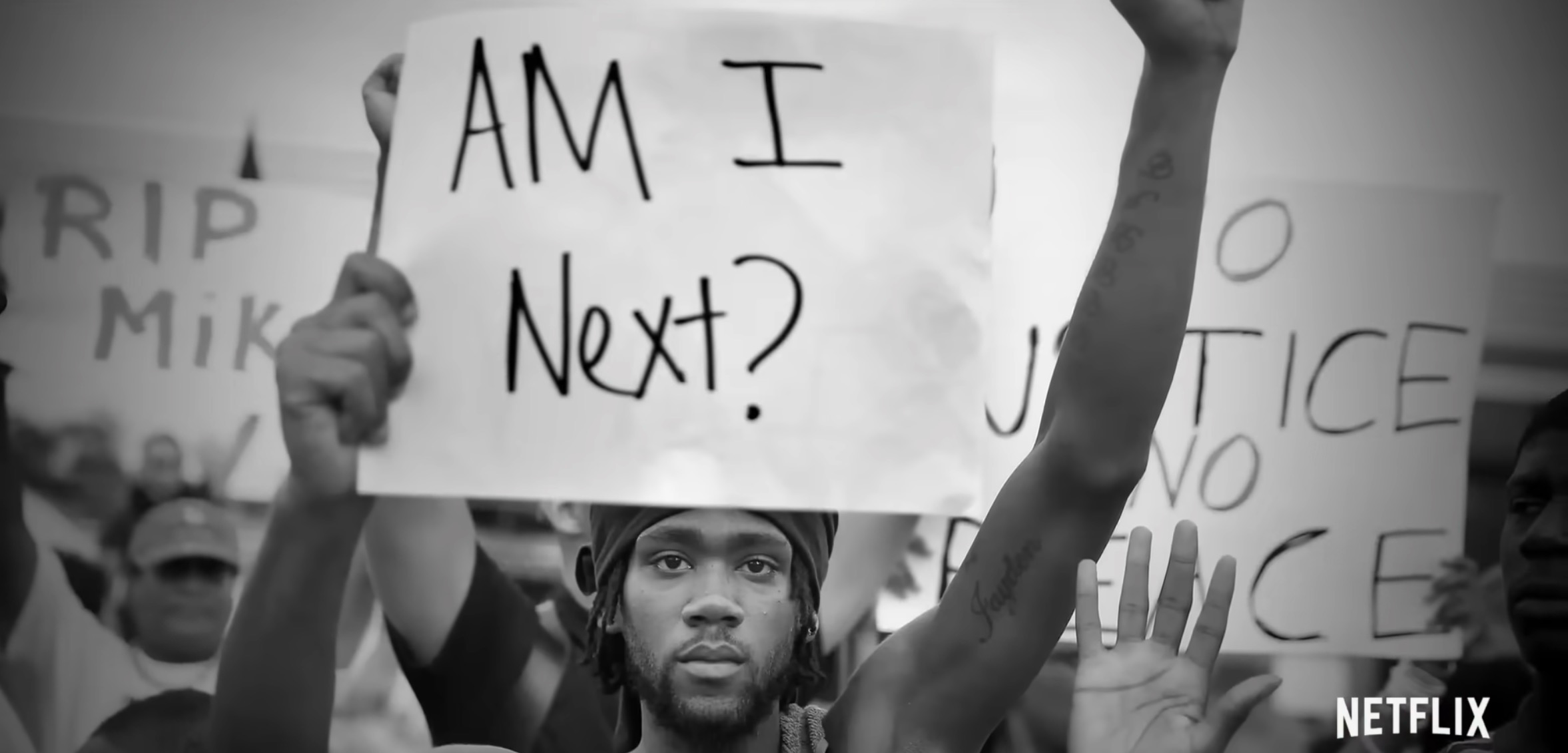
DuVernay goes further: Rather than pinning all blame on politicians, she finds corporations pulling strings to expand prisons into productive plantations, where they profit from forced labor. And in Donald Trump’s promise to “Make America Great Again,” she finds him trying to turn back the clock to a time when whites could slander and lynch blacks with impunity.
Growing up, I learned that racial violence was illegal in America. I learned that “fighting crime” was about creating a space for civility and equality. I learned that we were better than this. These frank confessions reveal the deception.
If you would like free posts like this one delivered to your Inbox, sign up for a free subscription to Give Me Some Light. If you would like to show a little support for what I do here, sign up for a paid subscription, and you’ll have access to the full archive as well as future first-impression film reviews.
I’d love to see every pastor, teacher, parent, and student listen to DuVernay’s presentation—not because it will decide an election, but because it might help us become transformed by the renewing of our minds. So long as we leave justice in the hands of corporations and the politicians that serve them, we are not living in the America that our Pledge of Allegiance promises. 13th challenges us to make America great—in a way that it has never been. To save the future, she says, it’s time to stop defending the past.
[13th includes disturbing imagery, racial slurs, and archival footage of violence against Black people in America.]
Questions to Discuss and Consider:
DuVernay’s film is 1 hour and 48 minutes long and bursting with information. What strategies does she use to hold her audience’s attention and make complicated issues accessible?
Do you feel persuaded by DuVernay’s film? If so, what artistic and rhetorical choices did she make that helped persuade you? If not, what is it about her presentation that makes you distrustful?
What do you make of the film’s climactic claim that it’s time for America to “come to Jesus”? What does that mean in this context?
Consider Jesus’s parable that we often call “The Good Samaritan.” Consider how it might relate to DuVernay’s revelations in 13th. If Christ says that “loving our neighbor” is about reaching out to those who have been attacked and abandoned, how might we apply that lesson to the complicated crises of racism and the expanding prison system in America?
13th asks viewers to reconsider what politicians are saying and doing when they get “tough on crime” and carry out a “war on drugs.” Will this film influence what you hear when those words are used in campaign promises?
Do you think that DuVernay’s film is fair in its treatment of both political parties?
According to this film, what does the phrase “Black Lives Matter” really mean?
In Hebrews 13:3, we read, “Remember those in prison as if you were together with them in prison, and those who are mistreated as if you yourselves were suffering.” In view of DuVernay’s presentation, what steps might we take, small or large—even this week—to help change the course of this history?
The film suggests that we reconsider the definition of “prisoner,” revealing plans to address prison overcrowding by the development of programs that keep “free” Americans under constant surveillance. What great works of art have been about futures governed by surveillance? What warning have you perceived in those visions?
In Matthew 25, we hear Jesus say, “I was in prison and you came to visit me … Truly I tell you, whatever you did for one of the least of these brothers and sisters of mine, you did for me.” If you knew Jesus was in prison, and that you could go visit him, would you? What might be the necessary steps for doing so?
